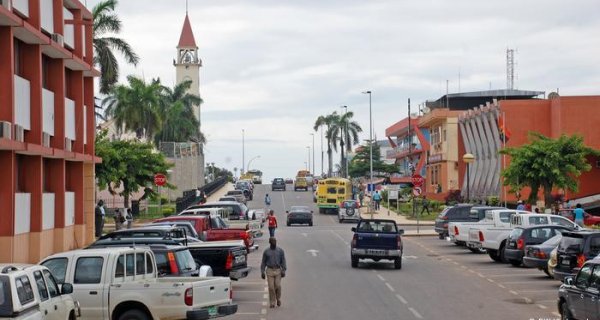"The political leadership of FLEC-FAC regrets the unrealistic position of the Angolan political leader Adalberto Costa Júnior when in his announcement he said that he could grant Cabinda autonomy", reads a statement issued this Tuesday, in which it is stated that the This idea joins those of "other Angolan politicians who have dictatorially controlled the country since 1975 and who consider Cabinda a non-negotiable Angolan colony".
The realization of local authorities, the constitutional revision, the reduction of powers of the President of the Republic and his direct choice in the elections, as well as the constitution of two autonomous regions, namely for the provinces of Cabinda and Luanda are some of the commitments of the program of governance of the Union for the Total Independence of Angola (UNITA).
FLEC-FAC says that "Cabindas do not beg for a political status to be demagogically presented as alms from Angolan politicians in a desperate search for votes in a territory that refuses to be occupied by Angola" and argues that "Cabindas demand the right to decide about Cabinda's political future and its right to self-determination through a referendum that contemplates Independence".
Regarding the elections at the end of August, FLEC-FAC "calls on the population of Cabinda to remain vigilant against demagoguery, false promises, corruption and the exploitation of Angolan political parties that only seek to collect votes to prolong the agony of the people of Cabinda" concludes that "voting in the Angolan elections is contributing to the genocide of Cabinda's identity, muzzling our freedom, insulting our ancestors, mortgaging our history and selling our right to self-determination".
The province of Cabinda, where most of the country's oil reserves are concentrated, is not adjacent to the rest of the territory, being bordered on the north by the Republic of Congo, on the east and south by the Democratic Republic of Congo and on the west by the Atlantic Ocean.
The Front for the Liberation of the State of Cabinda - Armed Forces of Cabinda (FLEC-FAC) has been fighting for years for the independence of that province, claiming that the enclave was a Portuguese protectorate, as established in the Treaty of Simulambuco, signed in 1885, and not an integral part of the territory.
However, the Government, since independence, has refused to recognize a situation of instability in that province, always stressing the unity of the national territory.







